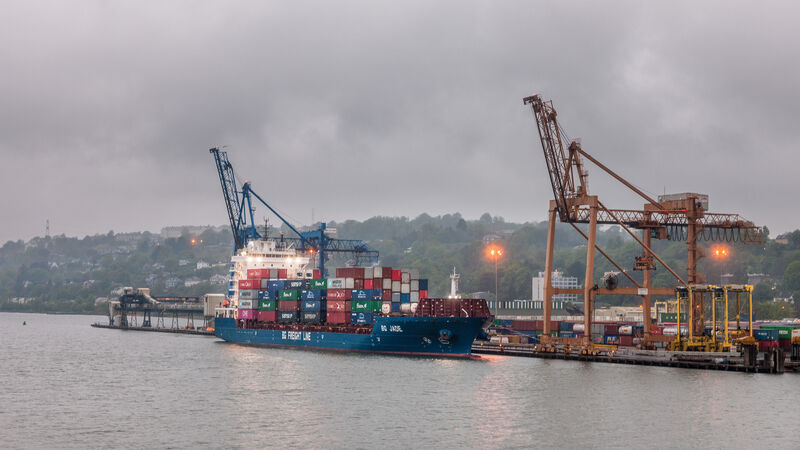Irish workers most exposed to impact of US tariffs across the EU

Ireland's exports are particularly dependent on the US market largely due large violume of pharmaceuticals shipped across the Atlantic. Picture; David Creedon / Anzenberger
Irish workers are the most exposed to impacts of US tariffs across the EU and are more afraid about the potential for job losses as a new analysis by the European Central Bank (ECB) finds that the tariffs could still add further “drag to firm and consumer confidence".
In July, the US agreed to implement a 15% tariff on all EU goods entering the country. The agreement was finalised in August.











